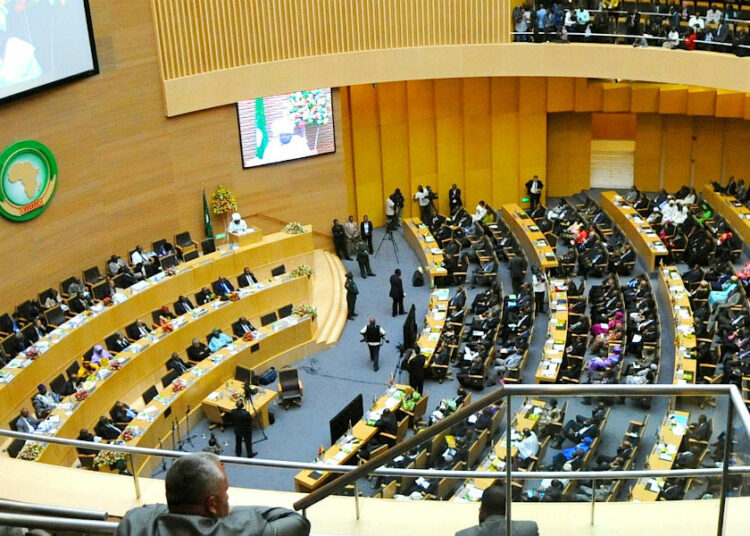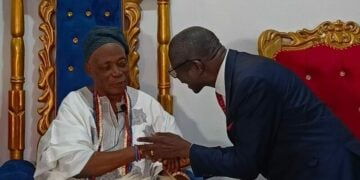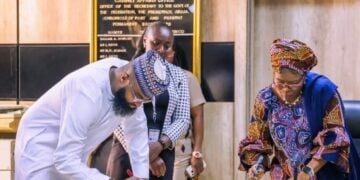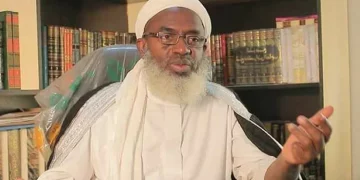Strategic Initiative for Women in the Horn of Africa has accused the African Union (AU) and its leaders of abandoning the Sudanese people amid a devastating war that has claimed nearly 100,000 lives and seen hundreds of thousands of women and girls subjected to rape over the past two years.
The Regional Director of the women’s group, Hala al-Karib, spoke via Zoom press conference on Thursday to mark the second anniversary of the Sudan conflict.
Al-Karib expressed deep disappointment over the AU’s lack of decisive action.
“It’s quite sad and deeply disappointing for the Sudanese people that we do not currently see any real leadership from the African Union regarding Sudan,” she said.
“The level of engagement and intervention is lacking. This is one of the world’s most severe humanitarian and human rights crises—certainly in Africa—for the past fifty years.”
She called for urgent, high-level African leadership to address what she described as a crisis exacerbated by external actors exploiting Sudan’s resources, particularly gold, which is being exported to the Middle East and Gulf countries.
“It is our responsibility to protect our people and resources, and so far, that is not happening,” al-Karib stressed.
She explained the war, which erupted two years ago, has unleashed widespread atrocities, including sexual violence, on an unprecedented scale.
“Hundreds of thousands of women and girls have been raped.”
Survivors face severe stigma and a dire lack of support. Sudan has just one “one-stop centre” offering comprehensive services for victims of sexual violence.
Al-Karib highlighted harrowing cases, including a survivor removed from hospital by her family due to shame while still suffering from severe bleeding.
“We have lost many victims due to stigma, lack of access to services, and the absence of basic protocols,” she said.
The crisis has also led to forced pregnancies, with women rejecting children born from rape.
“You can imagine the fate of such children within a broken system that lacks reliable institutions. It is truly a horrific humanitarian situation”, al-Karib noted.
John Riaga, Media Manager for Médecins Sans Frontières (MSF), described the desperate conditions in Zamzam camp, home to approximately 500,000 displaced people, primarily women and children.
He said MSF recently suspended its operations there due to escalating dangers to staff.
“We had been providing essential medical services, but under the prevailing conditions, it became impossible.
“If security could be guaranteed—even the next day—we would be ready to return”, Riaga said
He painted a grim picture of life in Zamzam: no clean water, abysmal living standards, and a high risk of disease outbreaks like cholera and measles.
“MSF was the last organisation to leave Zamzam,” Riaga added. “We had staff who gave years of their lives to that mission, and sadly, they had to leave due to the risks.”
Fleeing residents face further peril, with many attacked and robbed while travelling to places like Tawila. “The scale of violence and suffering remains immense,” Riaga said.
Sudanese-American activist Bayadir Mohammed Osman urged diaspora communities and concerned citizens to amplify grassroots stories by engaging with Sudanese artists, poets, and musicians.
“Militant groups are intentionally targeting our culture—destroying museums and universities, erasing our history. This is the time to learn more about Sudanese heritage”, she said.





